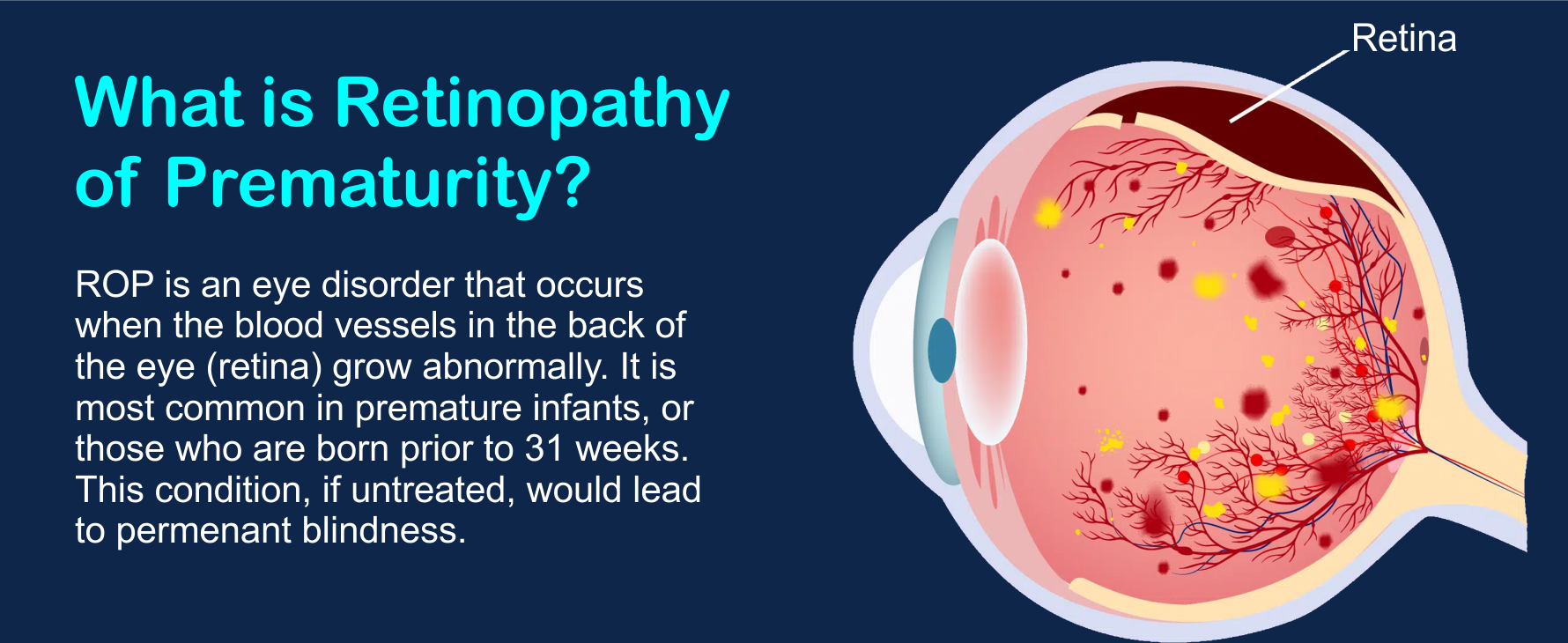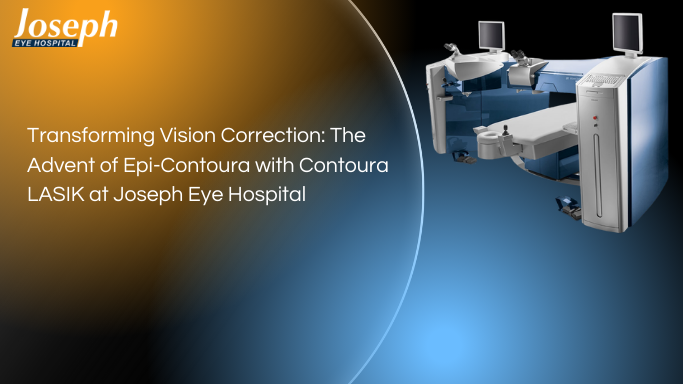Pioneering Care for the Tiniest Eyes

"1 in 4 Infants Under 2kg at Birth Faces the Risk of Developing ROP: Discover How We're Protecting Their Vision for Tomorrow."
Welcome to Joseph Eye Hospital’s ROP Clinic, the 1st Program in the Trichy Region. Dedicated to ensuring the best possible start for every newborn, especially the most vulnerable pre-term babies. 1 in 4 Infants Under 2 kg at Birth Faces the Risk of Developing ROP. ROP is an eye disorder that occurs when the blood vessels in the back of the eye (retina) grows abnormally. It is most common in premature infants, or those who are born prior to 31 weeks. This conditions, if untreated, would lead to permanent blindness. Our proactive screenings are crucial for preventing vision impairment or blindness, allowing each child the opportunity to see the world in its entirety.
Conditions we treat
Our centre specializes in diagnosing and treating a broad spectrum of Refractive Surgery Lasik diseases, including, but not limited to:
Early ROP Screening is Vital
No1 ROP treatment center
Our expert team, alongside pediatricians and obstetricians, delivers top-notch care for ROP, ensuring every newborn receives the best possible treatment.
Comprehensive Screening and Treatment
By offering thorough screenings for all newborns, particularly those at increased risk, and following up with individualized treatment plans, our program safeguards the vision of our youngest patients, promising a brighter future.
Collaborative Care Network
Understanding the critical importance of early ROP screening, we have established a robust network with pediatricians and obstetricians across the region. This collaborative approach ensures that pre-term babies receive the timely and essential ROP screening
Schedule Your Consultation
Our Contact
Our Telephone
Timings
8:00 am and 8:00pm
All Blogs
What would you like to know
ROP occurs when the blood vessels in the retina, the part of the eye that detects light, don't develop properly. This usually happens in babies born very early, leading to abnormal vessel growth that can affect vision.
Doctors check for ROP by examining your baby’s eyes a few weeks after birth and continuing for a few months. These exams are crucial for detecting ROP early to manage it effectively.
Treatment depends on how severe the ROP is. Mild cases may not need treatment and can improve on their own, while severe cases might need laser therapy to stop the vessels from growing abnormally, or even surgery in some cases to fix more serious issues like retinal detachment.
Yes, severe ROP can lead to blindness if the retina detaches, which is why early detection and treatment are so important to protect your baby's vision.
While ROP can't be completely prevented, minimizing premature births and carefully monitoring oxygen levels in preemies can help manage the risk. Regular eye screenings are essential for catching and treating ROP early.




